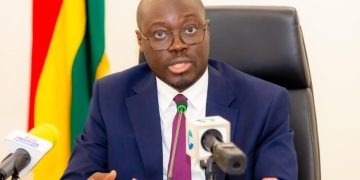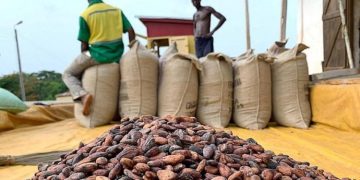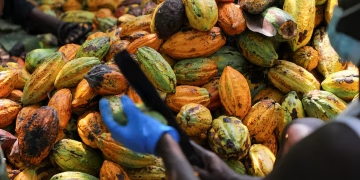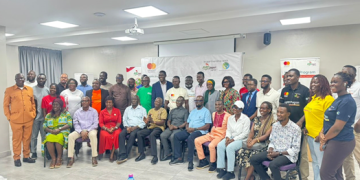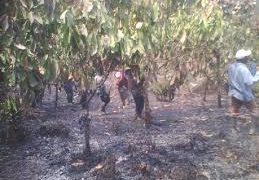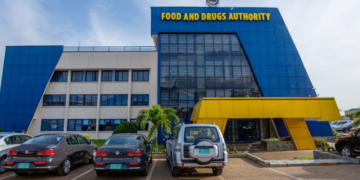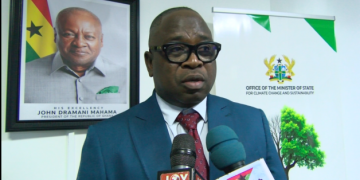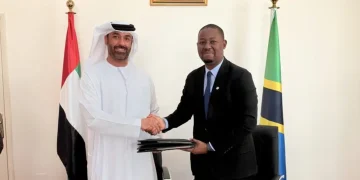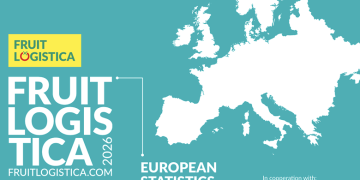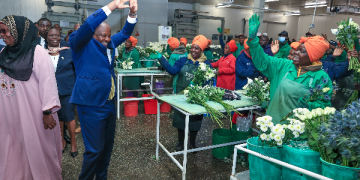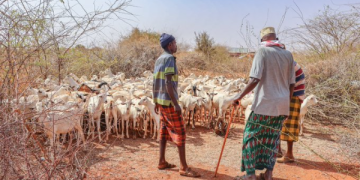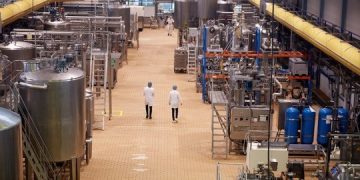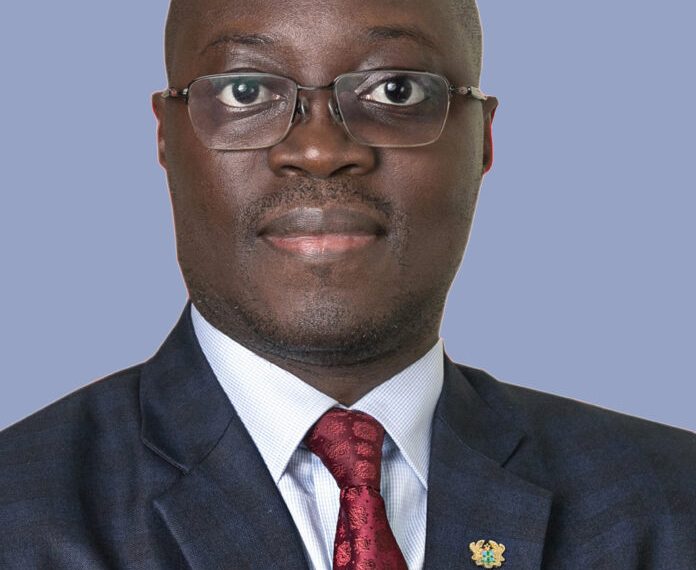Dr Cassiel Ato Forson, the Minister of Finance, has announced a major road infrastructure drive aimed at improving food security and reducing the cost of food nationwide.
Presenting the 2026 Budget Statement and Economic Policy to Parliament, on Thursday, the Minister revealed that government would roll out a three-year programme to construct 1,000 kilometres of Agricultural Enclave Roads to link key food-producing areas with major markets.
Dr Forson explained that the initiative, to be executed by the Department of Feeder Roads under the Ministry of Roads and Highways, would prioritise routes that directly connected farming enclaves to market centres.
By improving access between farm gates and markets, the project was expected to significantly reduce transportation costs, minimise post-harvest losses, and strengthen food security.
He disclosed that GH¢828 million had been allocated in the 2026 Budget specifically for the Agricultural Enclave Roads Programme.
This forms part of the broader Big Push Infrastructure Programme, which seeks to transform national infrastructure while creating jobs and stimulating economic growth.
The poor condition of roads linking farms to markets had long been a major driver of food inflation, Dr Forson said, indicating that addressing the challenge was essential to stabilising prices and supporting the livelihoods of farmers.
Beyond the enclave roads, the Minister also announced the allocation of GH¢4.3 billion to the Ministry of Roads and Highways for general road construction in 2026, alongside GH¢3.0 billion to the Ghana Road Maintenance Trust Fund to construct 10 kilometres of roads in each of 166 constituencies.
In addition, GH¢30.0 billion has been earmarked for strategic roads and bridges under the Big Push Infrastructure Programme.
Providing an update on ongoing works, Dr. Forson disclosed that as of September 2025, 268 road projects covering 8,300 kilometres were underway across the country.
Major corridors, he said, were seeing steady progress, with the Accra–Kumasi dualisation currently 64 per cent complete; the Takoradi–Agona Nkwanta–Elubo Highway also 72 per cent complete, and several sections of the Eastern Corridor having attained 80 per cent completion rate.
He highlighted significant works on the Tema–Akosombo Highway, Bolgatanga–Bawku–Pulmakom Road, and key bridges such as the Dikpe and Volivo Bridges.
“Mr Speaker, the Tema-Akosombo Highway, part of the Trans-West African Corridor, is 58 percent complete and will ease freight movement between Tema Port and northern trade routes,” he said.
“Rehabilitation of the Bolgatanga-Bawku Pulmakom Road is 95 per cent complete and will open new trade frontiers with Burkina Faso.”
“To improve connectivity in underserved areas, Government is constructing 50 bridges nationwide, including the Dikpe Bridge over the Tano River and the Volivo Bridge across the Volta Lake, which have reached 45 and 60 percent completion, respectively.”
The Finance Minister indicated the intensification of road maintenance, having covered over 21,000 kilometres of trunk, urban, and feeder roads in 2025, with a target of an additional 25,000 kilometres in 2026.
Preparations, he said, were underway for major urban road projects, including expansions on the Pokuase–Amasaman–Nsawam corridor and the Accra–Tema Motorway, expected to begin next year under public-private partnerships.
Dr Forson underscored the aim of the “Big Push” project, which was ultimately to improve lives, enabling farmers to reach markets, workers to access jobs, and families to travel safely and affordably.
“It is about connecting every Ghanaian to opportunity,” he added.
Source:accessagric.com












